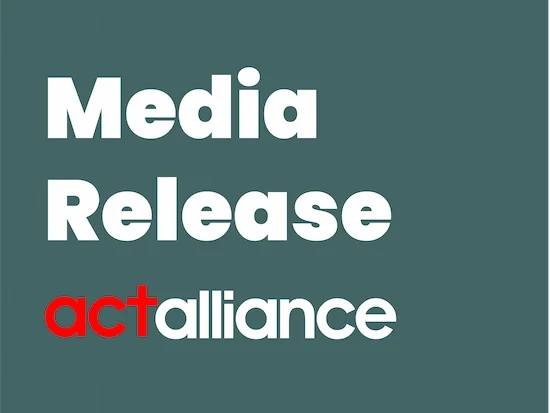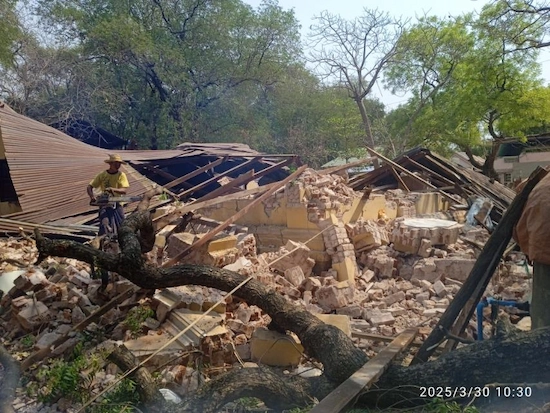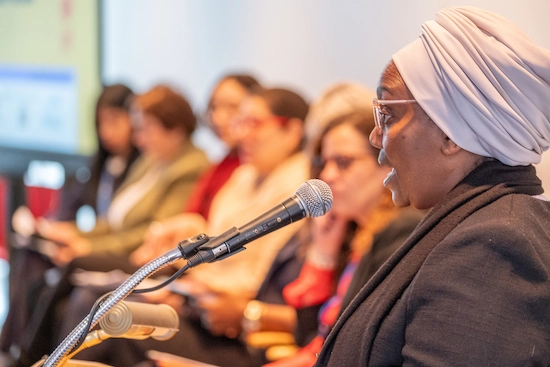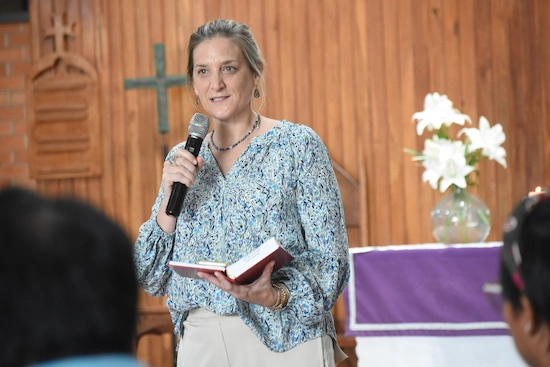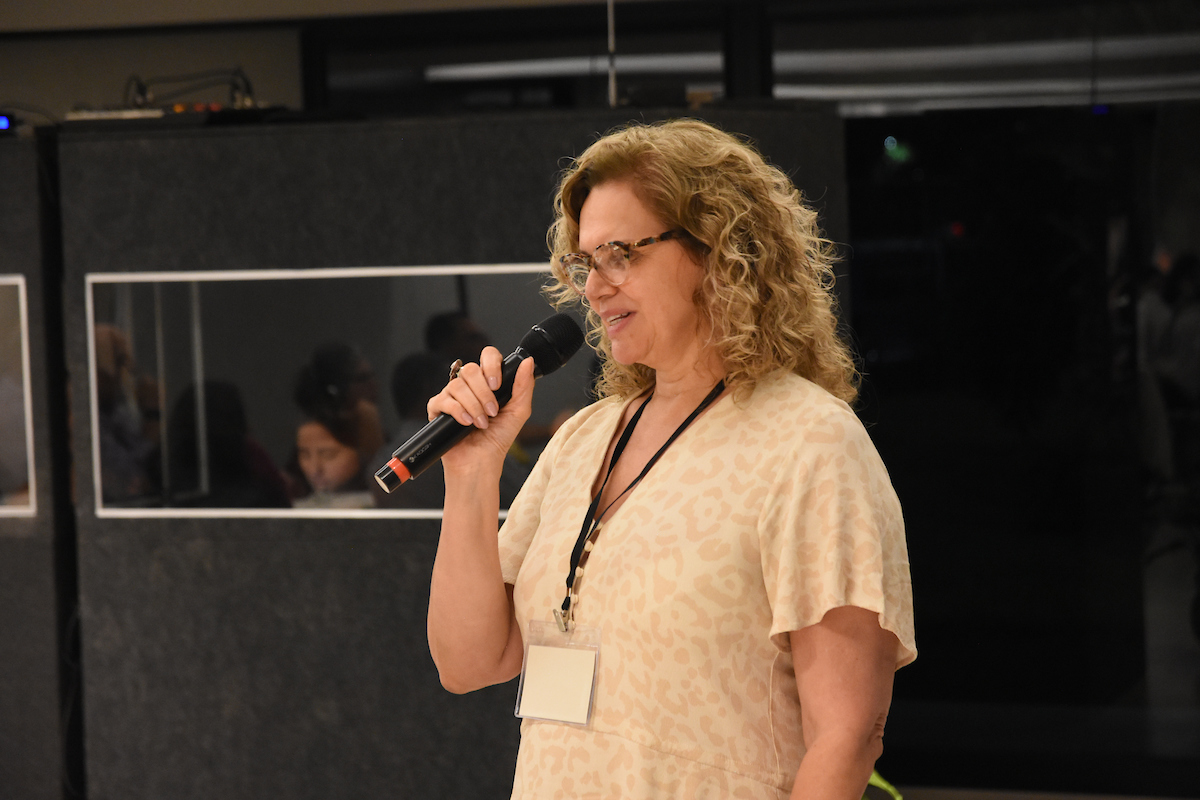MEDIA RELEASE
GENEVA / ROME (14 April 2025)
The war in Sudan has triggered the world’s largest and most devastating humanitarian crisis. Over 30 million people, more than half of Sudan’s population, now require urgent assistance. Sudan and its people are left in the shadows – as the crisis continues to escalate and people struggle to survive.
On 11th April 2025, coordinated ground and air attacks on Zamzam and Abu Shouk and Al Fasher, has resulted in catastrophic consequences for civilians. As the United Nations Resident and Humanitarian Coordinator in Sudan, Clementine Nkweta-Salami, reports: “Over 100 people, including more than 20 children, are feared dead, and the deaths of at least nine humanitarian personnel — killed while on a mission to support the most vulnerable — have been confirmed.”
To mark the second anniversary of the conflict in Sudan, and ahead of the Ministerial Conference being convened in London, leaders of faith-based networks and religious communities have issued a statement: “The situation in Sudan is dire and without a concerted strong push for peace talks the conflict will only worsen. The international community cannot continue to turn a blind eye to Sudan. We must act decisively to bring the parties to the negotiation table and work towards a sustainable resolution of the conflict.”
UN High Commissioner for Human Rights Volker Türk has also issued a statement to mark the anniversary: “Two years of this brutal and senseless conflict must be a wake-up call to the parties to lay down their weapons and for the international community to act. Sudan must not remain on this destructive path.”
ACT Alliance, Caritas Internationalis, local partners and local Caritas members are working together in Sudan. At the heart of the joint appeal is support to Sudanese civil society and mutual aid actors who are the backbone aiding their communities. At large, both community-based networks and local civil society organisations, who can respond using ground-level analysis, remain critically underfunded and face extreme risks daily.
Despite recognition that local actors have led – often alone – the response for communities affected by famine and multiple humanitarian challenges since April 2023, direct funding and protection remain alarmingly low. Local actors continue to receive less than 1% of international aid.
The joint statement was signed by: ACT Alliance, Caritas Internationalis, World Council of Churches, All Africa Conference of Churches, Association of Member Episcopal Conferences in Eastern Africa, and Caritas Africa.
Quotes from Leaders
“As the international community responds to the ongoing aid cuts, we must continue to deliver on our commitments to serve communities impacted by famine, poverty and conflict. With no excuses, and no time to spare, over half of Sudan’s population are facing urgent humanitarian needs. We are called upon to act now as an international community to ensure first responders / local actors are resourced and supported in Sudan.”
- Rudelmar Bueno de Faria, ACT Alliance General Secretary
“Sudan’s crisis demands urgent and unwavering attention from the international community. The path to peace is not simply an aspiration but an essential foundation for the survival and future of millions. Funding for relief efforts is not a gesture of goodwill but an indispensable lifeline to those caught in the crossfire of violence and displacement, who will die in millions otherwise. Humanitarian access must be prioritized and safeguarded, ensuring the delivery of critical aid to the most vulnerable, without barriers or delays. This is a moral imperative, a test of global solidarity, and an opportunity to bring hope and stability to a nation that has endured unspeakable hardships. Together, we must act decisively to transform despair into resilience and suffering into recovery.”
- Alistair Dutton, Secretary General, Caritas Internationalis
“A needless war, a war rooted in human greed and quest for power. Countless number of lives have been destroyed, displaced and traumatised for no fault of theirs. It takes courageous and compassionate leaders to stop war from happening and to end it, if it happens to occur. As people of faith, we call for an end to this mindless destruction of lives and property and for the international community to be intentional in demanding an enforceable ceasefire and mobilise resources to respond to the dire humanitarian situation in Sudan.”
- Dr. Fidon R. Mwombeki, All Africa Conference of Churches General Secretary
For media enquiries please contact:
Daniela Varano, ACT Alliance, daniela.varano@actalliance.org
Susan Amu, Caritas Internationalis, Amu@caritas.va


